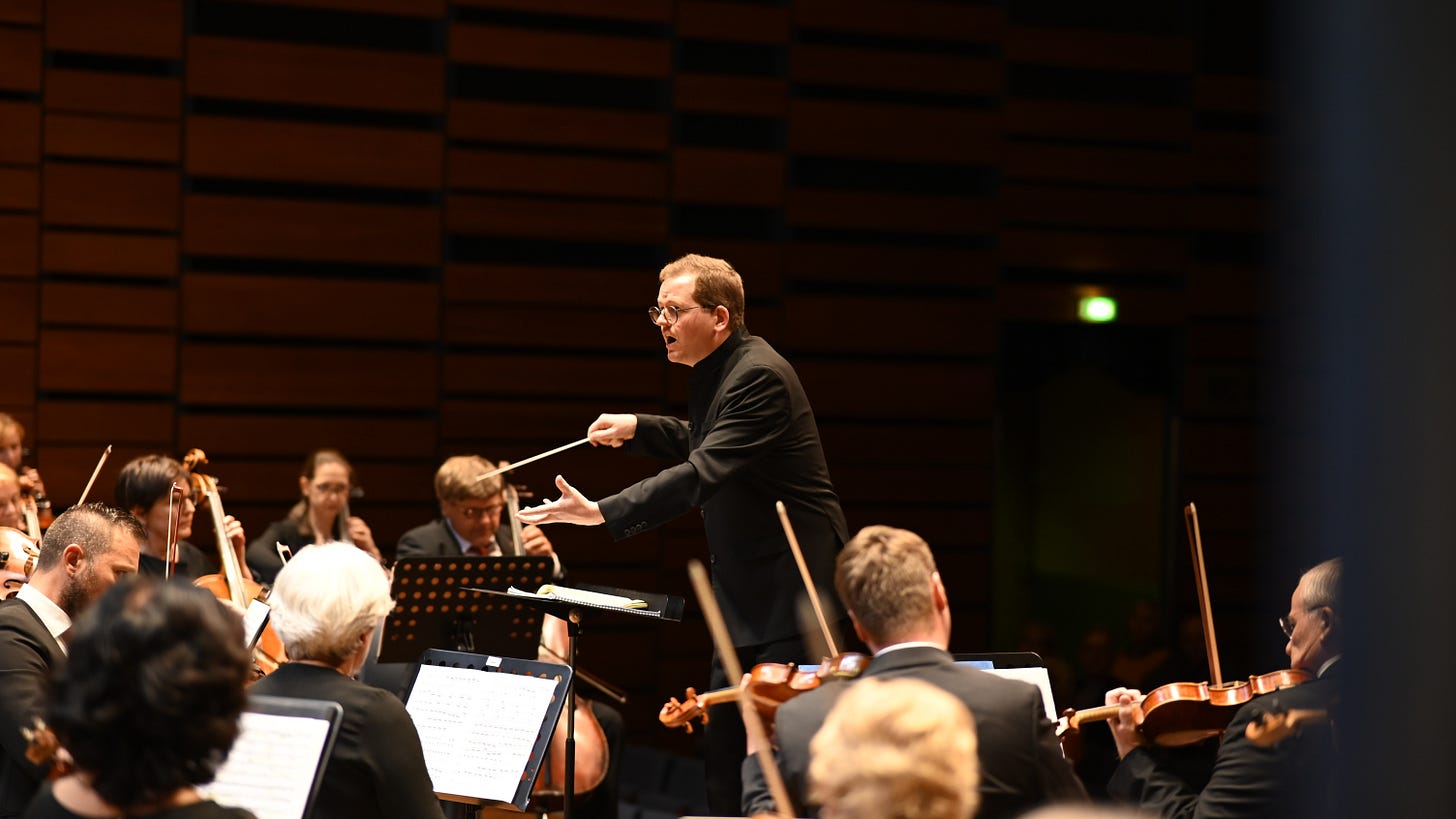II of the Civil Magistrate, Supreme and Subordinate - Charges of a Freemason
Imagine a society of craftsmen bound by more than just skill—bound by a moral code that transcends the workshop and enters the very fabric of civic life.
Imagine a society of craftsmen bound by more than just skill—bound by a moral code that transcends the building site and enters the very fabric of civic life.
In a world marred by political unrest and social upheaval, Freemasonry stands as a contrasting paradigm.
Masons are not just skilled ‘speculative’ workers but are guided by principles that stress the importance of peace, respect for law, and brotherly love.
Committed to the betterment of society, Masonry has found favour in the eyes of rulers across ages. Yet, even as Masons, we garner respect and influence, we face scrutiny and misconceptions from various quarters.
The second charge II of the Civil Magistrate, Supreme and Subordinate gives us a guide and provides instruction:
II of the Civil Magistrate, Supreme and Subordinate
A MASON is a peaceable subject to the civil powers wherever he resides or works, and is never to be concerned in plots and conspiracies against the peace and welfare of the nation, nor to behave himself undutifully to inferior magistrates.
He is cheerfully to conform to every lawful authority; to uphold, on every occasion, the interest of the community, and zealously to promote the prosperity of his own country.
Masonry has ever flourished in times of peace, and been always injured by war, bloodshed and confusion; so that kings and princes, in every age, have been much disposed to encourage the Craftsmen on account of their peaceableness and loyalty whereby they practically answer the cavils of their adversaries, and promote the honour of the Fraternity.
Craftsmen are bound by peculiar ties to promote peace, cultivate harmony, and live in concord and brotherly love
“A MASON is a peaceable subject to the civil powers wherever he resides or works, and is never to be concerned in plots and conspiracies against the peace and welfare of the nation, nor to behave himself undutifully to inferior magistrates.'"
Imagine the chaos that would erupt within our ranks and society if we, as Masons, abandoned this core principle.
Trust in us would erode, our integrity would be questioned, and the very foundations of Masonry would shake.
The essence of this verse is straightforward: as Masons, we are not just members of a lodge but citizens of our countries.
We are to respect all laws and authority figures, from the top echelons down to local officials. It explicitly warns against participating in any subversive activities that would harm the nation's peace. In essence, it's telling us to be good citizens, loyal to our nation, while keeping our focus on the principles of Masonry.
So, how can we apply this lesson in daily life? It's simple, really.
Treat every interaction with society as an extension of your Masonic principles.
Show respect to all authority figures, adhere to laws, and maintain peace in your communities. When someone spreads a rumour about Masons being power-hungry or controlling, remind them, and yourself, of this charge.
By living up to these ideals, not only do you represent Freemasonry in the highest regard, but you also contribute positively to society, reinforcing the honorable legacy of our Fraternity.
“He is cheerfully to conform to every lawful authority; to uphold, on every occasion, the interest of the community, and zealously to promote the prosperity of his own country.'"
Consider the fallout if we ignore this guiding principle.
We'd not only risk our own reputation but also jeopardise the collective standing of Freemasonry.
The perception that we're a group above the law or indifferent to community needs would be detrimental.
The verse teaches us that as Masons, we should be obedient to laws and show respect to authorities. But it also suggests that our responsibilities don't stop at obedience. We're encouraged to be active participants in the community and work toward the prosperity of our country.
It's not about blind allegiance but about engaged and respectful citizenship.
In our daily lives, this translates to various simple yet impactful actions.
Respect the speed limit, yes, but also attend community meetings. Vote conscientiously and engage with your local representatives about matters that need attention.
Remember, you don't have to be in a position of power to make a positive impact.
Often, the most meaningful changes come from active, involved citizens.
Uphold the law, support your community, and by doing so, you not only live by Masonic principles but also contribute to the greater good.
"Masonry has ever flourished in times of peace, and been always injured by war, bloodshed and confusion; so that kings and princes, in every age, have been much disposed to encourage the Craftsmen on account of their peaceableness and loyalty whereby they practically answer the cavils of their adversaries, and promote the honour of the Fraternity.”
If we forget this lesson and act contrary to the principles of peace and loyalty, we risk not only the reputation of our local lodges but also the enduring legacy of Masonry itself.
We'd be undoing centuries of good work, compromising our standing even in the eyes of the highest authorities.
This verse speaks volumes about the nature of our order. It tells us that Masonry isn't merely a social club but a society built on peace, loyalty, and mutual respect.
These are the same virtues that have historically attracted the favour of kings and princes, proving the worthiness of Masonry against its detractors.
Essentially, when we adhere to these virtues, we’re not just individuals but part of a historic lineage that has, more often than not, been a force for good.
So, how does this translate to everyday life?
Quite simply, choose peace over conflict, whether in your interactions with family, workmates, or in the community. Remain loyal to just causes and be a person of your word. Engage in acts that promote social stability and peace.
By doing so, you're not just upholding Masonic principles but also contributing to a legacy that has been celebrated by the highest echelons of society for centuries.
“Craftsmen are bound by peculiar ties to promote peace, cultivate harmony, and live in concord and brotherly love.”
Failing to abide by these tenets risks fragmenting the unity and trust that have taken generations to build within our lodges. Disregard for harmony and peace could lead to discord, spoiling the very essence of Masonry.
This verse is a straightforward reminder of our duties as Masons.
We're bound by special, unique ties—be it the rituals, the symbolism, or the history—to act in a way that promotes peace and harmony, both within the lodge and in the world outside.
These aren't just words; they're principles we must live by to ensure the integrity and value of our brotherhood.
So, how can we make these principles part of our daily routine?
First, be the peacemaker when conflicts arise, whether at home, work, or within the community. Second, work on building harmonious relationships, making an effort to understand and appreciate the perspectives of others.
Finally, show brotherly love by lending a hand when someone's in need, without expecting anything in return. It's these simple acts that cumulatively build a legacy worthy of the Masonic ideals we hold dear."








